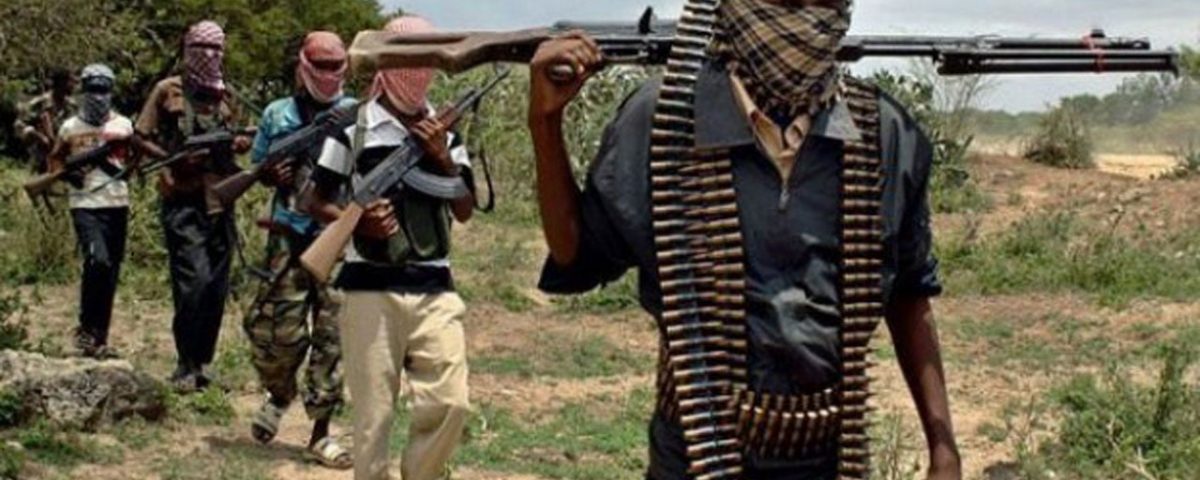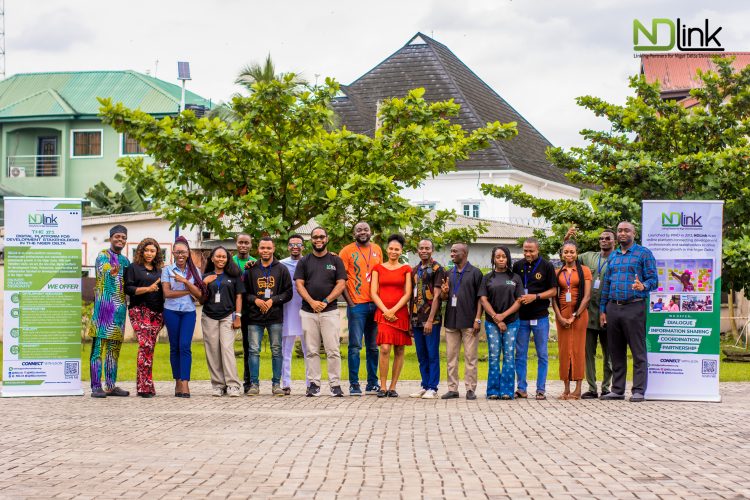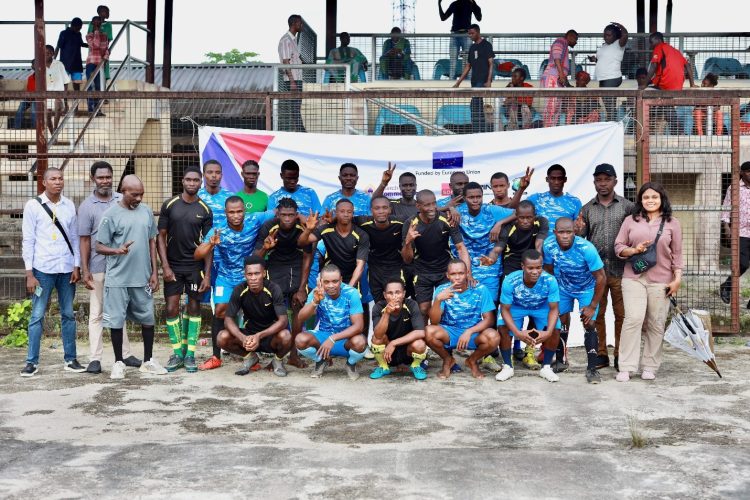
Social Cohesion Fellows at Africa Polling Institute
August 31, 2020
SPDC signs GMoU with Egi/Igburu communities
September 22, 2020
By Nkasi Wodu
There are two major ways the Nigerian security forces respond to violence: firstly, they try to suppress it through the use of overwhelming force or violence especially if the violence threaten perceived interests or harms the status quo. Whether it is dispersing protests, responding to separatist agitations or even in responding to the obstruction of the convoy of the Chief of Army Staff, Lt. General Tukur Buratai, the penchant to fight force with force is ingrained in the psyche of the Nigerian security forces. This approach however is counter-productive especially in regard to the current situation where the country faces multiple armed conflicts across its regions. Currently, the Nigerian military has been actively deployed to 35 of the 36 states in the country. Also, this approach is largely ineffective in the face of violent conflicts that are fueled by structural or grievance-based issues like armed banditry, insurgency etc.
Secondly, where the first approach fails, there is resort to superficial dialogues that do nothing to acknowledge or address the drivers of that violence. This is in form of peace agreements or settlements that sacrifice long term impacts for short terms gains. One need not look further than Nigeria’s response to armed banditry to buttress this point.
For more than two years, the North-West region of the country has faced devastating attacks from armed bandits, particularly in Zamfara, Katsina, Kaduna, Niger and Sokoto States. Armed banditry in Nigeria’s North-West region is driven by complex overlapping factors that include cattle rustling, the proliferation of small arms and light weapons, illicit artisanal mining, youth unemployment, poverty and inequality in the region. This is further compounded by a weakened, stretched and demoralized security apparatus engaged in active deployment across the length and breadth of the country, and fighting one of Africa’s most deadly terror groups in Boko Haram. It is estimated that many of the armed bandits are of Fulani origin who have joined gangs involved in cross-border armed robbery and cattle-rustling in Nigeria, Niger, Chad, Cameroon, Senegal and Mali. The bandits engage in stealing of cattle herds, looting and burning of homes and assaulting women in their frequent attacks along rural and often border communities across the vast region of Nigeria’s North-West.
According to the West Africa Network of Peacebuilding (WANEP), from January to December 2019, armed bandits were responsible for more than 1,000 deaths in the country. Furthermore, a committee set up to investigate the menace of armed banditry in Zamfara State, headed by Mohammed Abubakar a former Inspector General of Police, reported that between June 2011 and May 2019, 4,983 women were widowed; 25,050 children were orphaned; and more than 190, 000 persons were displaced in the State as a result of armed banditry. In Katsina, the home state of President Muhammadu Buhari, over 2,000 people have been killed, 500 communities destroyed and over 33,000 people displaced as a result of the activities of armed bandits. In November 2019, another estimated 4,000 people were also internally displaced in Shiroro Local Government Area (LGA) of Niger State alone according to reports from the State Emergency Management Authority.
The Nigerian security forces initially responded to this issue by increasing the deployment of the military and police to the troubled zones. These deployments were under several code names such as ‘Operations Puff Adder’, ‘Diran Mikiya’, ‘Sharan Daji’, ‘Hadarin Daji’, ‘Thunder Strike’ and ‘Exercise Harbin Kunama III’. All these responses have come with mixed results: for example, while the security forces have successfully pushed back bandit attacks, destroyed several hideouts with hundreds of bandits killed or arrested, bandit related killings and kidnapping have continued in States such as Zamfara, Katsina, and Niger State.
Against the backdrop of persistent attacks by bandits on rural communities in the region in spite of the public security response, the Governors in the North-West region adopted a strategy of negotiating with the armed bandits. In 2019, Governors from the three North West States of Zamfara, Katsina and Sokoto agreed on a peace deal with the armed bandits. According to the Katsina State Governor, Aminu Bello Masari, negotiation with bandits was the best way to achieve lasting peace. The agreement involved disarmament, release of kidnapped victims, and an amnesty for the bandits.
Delta relaxes lockdown, continues dusk-to-dawn curfew | Niger Delta COVID-19 Update
And herein lies the second obvious component of response by the Nigerian State, especially in the face of failure of military action. When an attempt is made to look beyond violence towards conciliatory measures, those attempts are perceived lacking in depth or used as a face saving measure. They are often manifested as peace agreements, amnesty programs or the surrender of arms and ammunitions. Unfortunately, these measures haven’t been effective especially in the face of distrust, suspicions or complete reneging of the terms of the agreement whether in part or in whole. In the case of the agreements entered into with the armed bandits, there was a lull in the spate of attacks towards the end of 2019, however in 2020, attacks have picked up again and one of the State Governors was reported to have said recently that the bandits had reneged on the terms of the agreement. This State of affairs prompted Nigeria’s Chief of Army Staff, Lt. General Tukur Buratai, to state recently that dialogue is “not a good military option for tackling banditry, kidnapping, and other heinous crimes currently bedeviling the North-West”.
Armed banditry in the North-West will continue to thrive because the Nigerian State conceives of peace as only the absence of overt violence and hostilities. It refuses to see the structural inequalities and suffering faced by people as not only a form of violence, but also as a major driver of violent conflict. To address the issue of banditry, the Nigerian security forces should necessarily deviate from its age long tactics of fighting force with more force and focus on building trust with communities vulnerable to attacks by bandits. They should set up early warning and response systems working with vigilantes and community leaders on the ground.
Secondly, the military should focus on controlling the flow, illegal trafficking, circulation and use of small arms and light weapons. This should move beyond the mere submission of arms as part of a peace deal to actually policing the borders to stem the flow of SALWs through Nigeria’s many porous borders
Nkasi Wodu a Lawyer, peacebuilding practitioner and development expert writes from Port Harcourt, Nigeria.
[Image: Daily Post]









